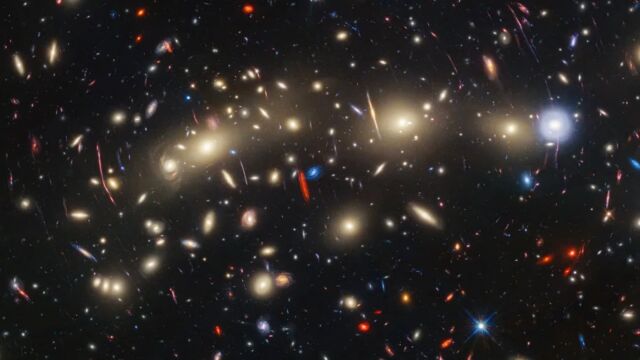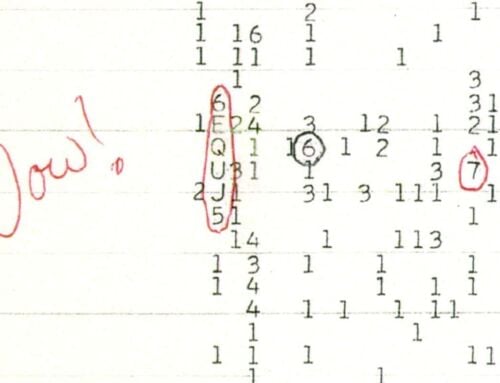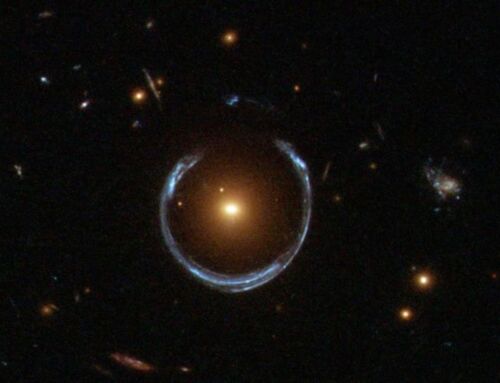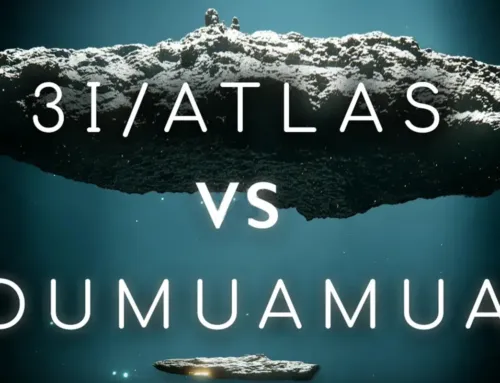 Hundreds of faraway galaxies were captured by the Hubble Space Telescope. Image credit: NASA, ESA, CSA, STScI
Hundreds of faraway galaxies were captured by the Hubble Space Telescope. Image credit: NASA, ESA, CSA, STScI
A recent study confirms earlier, controversial findings: the Universe is expanding surprisingly faster than expected, at a rate that exceeds what theoretical models predict and what current physics can explain.
This mismatch between theory and observations is called the “Hubble tension.” New results published in Astrophysical Journal Letters further strengthen the case for this faster expansion.
The expansion rate, known as the Hubble constant, has been a key focus of science since Edwin Hubble discovered the Universe’s expansion in 1929. Duke University physicist Dan Scolnic compares this to creating the Universe’s growth chart: we know its “baby picture” from the Big Bang and its “headshot” from today, but the connection between the two doesn’t line up as expected.
To measure the Universe’s expansion, scientists rely on a “cosmic ladder,” a series of methods to calculate distances to celestial objects. Each rung of the ladder depends on the accuracy of the previous one.
The cosmic ladder used in this research, developed by another team, incorporates data from the Dark Energy Spectroscopic Instrument (DESI), which observes over 100,000 galaxies nightly from Arizona’s Kitt Peak National Observatory. Scolnic suggested anchoring the ladder closer to Earth by refining the distance to the nearby Coma Cluster, improving its precision.
source Trinity Duke College





Leave A Comment